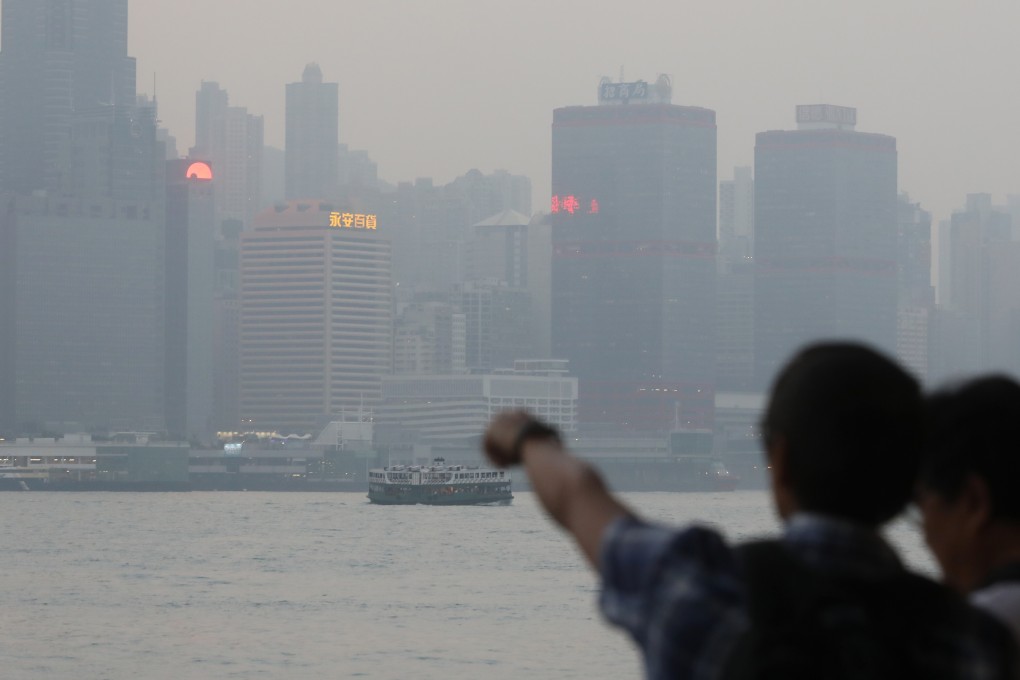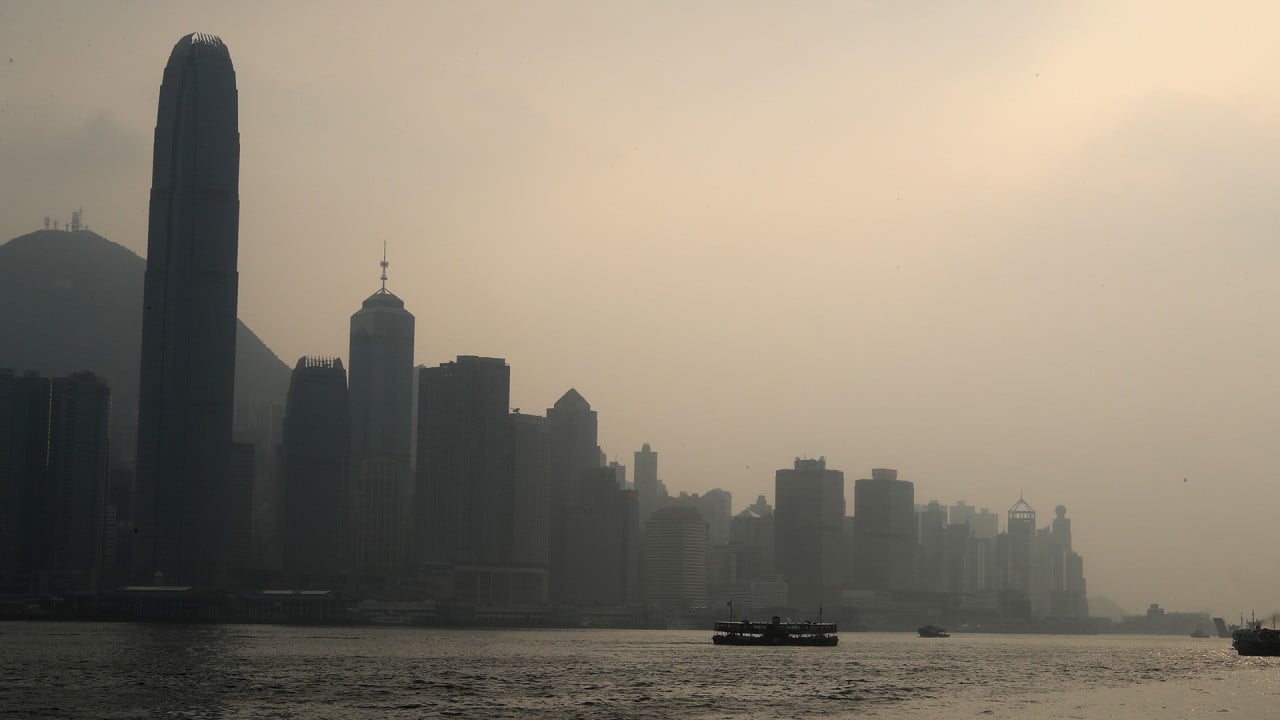With zero-carbon target set, time for Hong Kong to get serious about climate change
- Working on the goal of carbon neutrality as a shared community project, one that sees the Hong Kong government truly engaging with voices from all parts of society, could be a powerful way of rebuilding trust in a divided city

The new carbon target is positive as it aligns with the landmark Paris Accord climate agreement’s global goals. Moving to carbon neutrality will have positive public health benefits for Hongkongers and force the government and business to finally put climate considerations at the heart of urban planning.
Welcome as this pledge was, those who wished for the coherence of a holistic vision were disappointed that Lam’s policy address, unlike the recent green stimulus plan unveiled by Europe, does not come close to presenting any kind of unified green vision. The plan will be refined when Hong Kong publishes its Climate Vision 2050 update next year.
Conceptually, it is fairly simple to decarbonise the Hong Kong economy by focusing on no-carbon electricity generation, electrifying vehicles and mandating green buildings. These are all highlighted in a June report by think tank Civic Exchange, “Towards a Better Hong Kong: Pathways to Net Zero Carbon Emissions by 2050”.

04:56
Hong Kong could slash carbon emissions 70% with more ambitious goals, says former observatory head
Ultimately, though, Hong Kong must switch to zero-carbon energy. It takes decades to change energy systems. Despite Covid-19 trapping us all in what feels like a standstill, the 30 years to 2050 will fly by in the blink of an eye. Thankfully, Hong Kong’s coal-fired plants will reach the end of their useful life in the next decade. That is a start, but it will not be enough to realise Lam’s vision.

